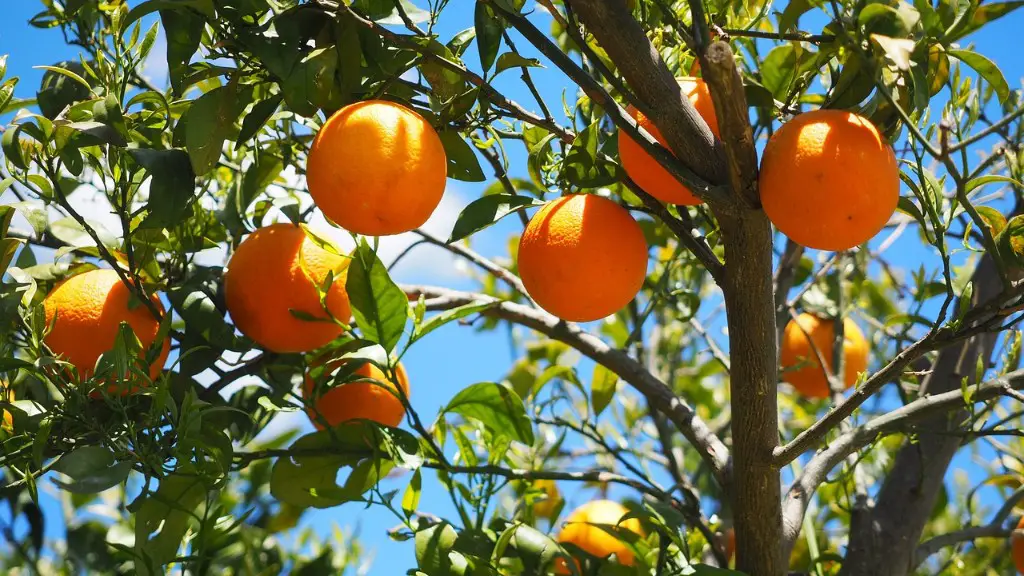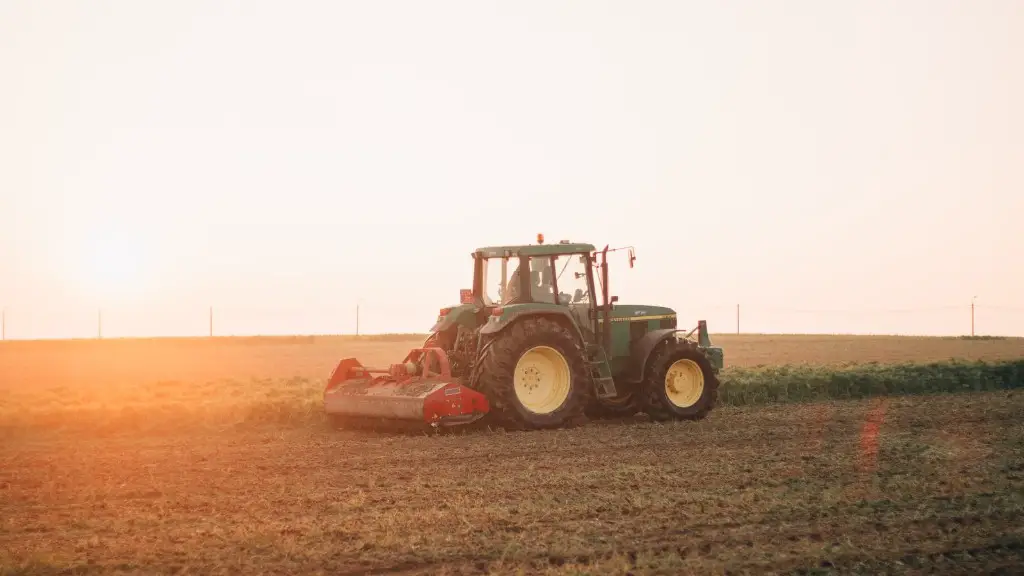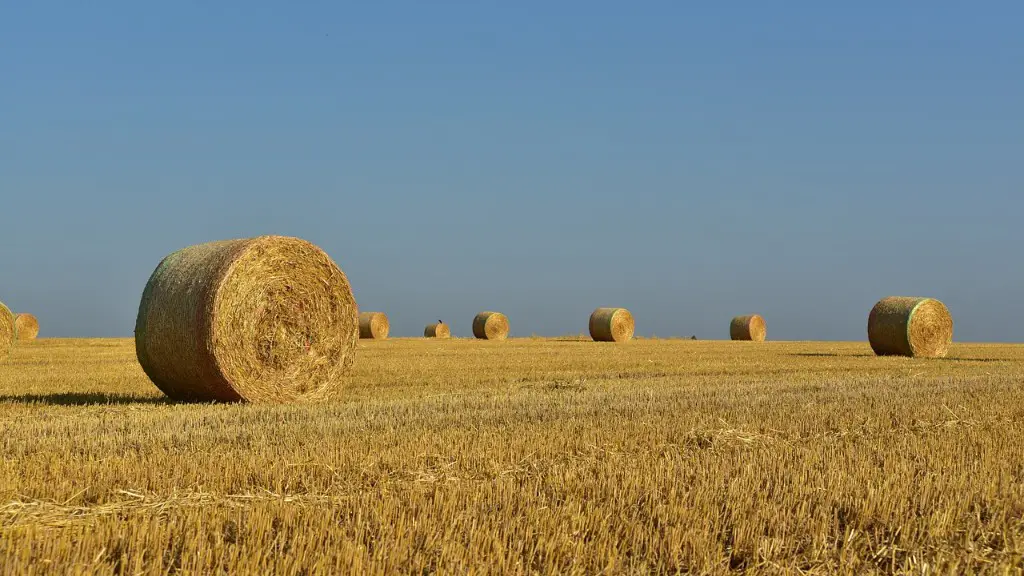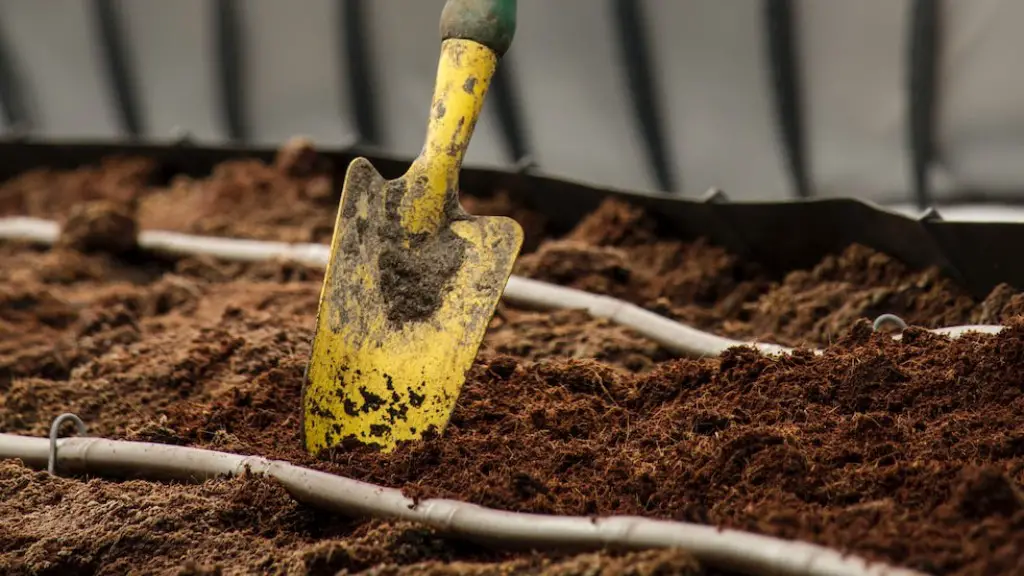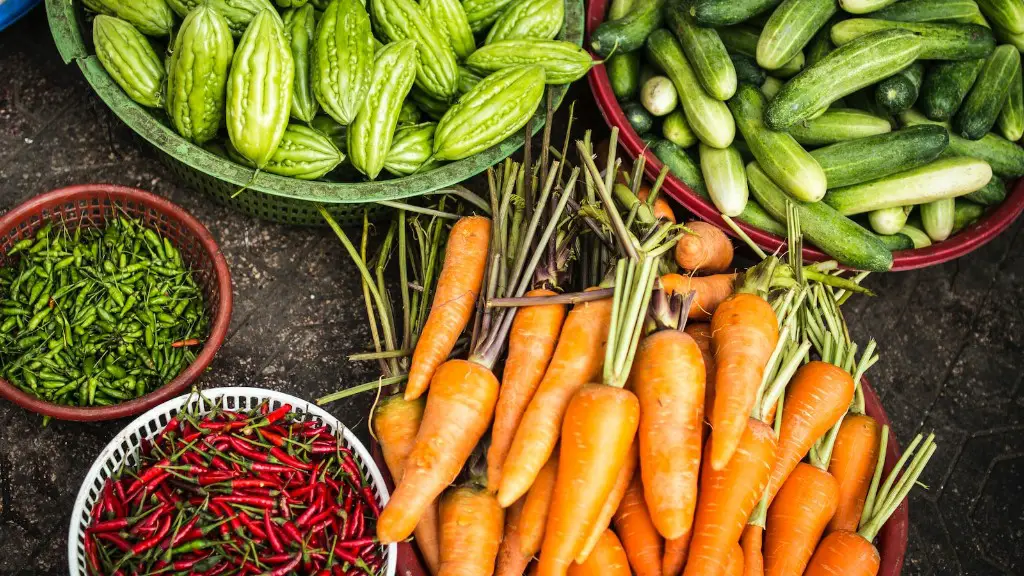A fallow period is a break in the agricultural cycle when a field is left unused, usually in order to allow the regeneration of its fertility.
A fallow period is a period of time when a field is left without crops. This is done to allow the soil to recover from being used for crops.
What is the fallow period?
As a writer, I know that sometimes the best thing to do is to take a break and have a writing hiatus. This can be a great way to recharge your creative batteries and come back to your writing with fresh eyes. Plus, it can be a nice break from the everyday grind. If you’re considering a writing hiatus, here are a few things to keep in mind.
First, make sure you have a clear goal in mind for why you’re taking a break. Whether it’s to recharge your creativity, take some time off from a particular project, or just to take a break from writing altogether, it’s important to know why you’re doing it. This will help you stay on track and not get too sidetracked during your hiatus.
Second, set a reasonable timeframe for your hiatus. Whether it’s a week, a month, or even longer, make sure you give yourself enough time to accomplish your goal. Trying to do too much in too little time can actually end up being counter-productive, so it’s important to be realistic.
Finally, make sure you have a plan for getting back into writing once your hiatus is over. Whether it’s jump-starting a new project, getting back to an
Fallow land is land that is not being used to grow crops. It is usually left to rest for a period of time, and then cropped again. This helps to keep the soil healthy and productive.
What is fallow period in crop rotation
A fallow period is an important part of crop rotation and helps the soil recover its production potential. It also helps to reduce population levels of pests.
Fallow periods are beneficial for a number of reasons, the most important being the restoration of soil fertility, the suppression of weeds, and the protection of the soil against erosion. Fallows may also provide a source of cash income for farmers through the existence or planting of specific economic valuable species.
Why do farmers break up fallow ground?
If you want to grow crops, you need to plow the ground first. Fallow ground is unplowable and thus unusable for crops. The ground is hard, preventing seeds from penetrating, germinating, and growing to maturity. When it’s time to put in the garden, we break up the soil so that seeds are able to get into it and let their roots go down deep where moisture can be found.
Fallow land is a great way to let your land recover its fertility. By leaving your land fallow, you are allowing it to rest and rejuvenate itself. This is a great way to improve the quality of your soil and to improve your crop yields in the future.
How long should land lay fallow?
Fallow land is land that is left to rest and regenerate. A field, or several fields, are taken out of crop rotation for a specific period of time, usually one to five years. This allows the land to recover from the strain of constant cultivation and results in higher yields when the land is returned to crop production.
Deer are not only raised for their meat, but also for their antlers. The Fallow deer is the most commonly raised species. Elk and deer antlers are sold as an aphrodisiac in the Far East or Pacific Rim countries. The meat of deer contains only 5% fat and has 1/6th the cholesterol of beef.
What are the benefits of fallow in agriculture
Fallow periods are important in restoring soil fertility and improving soil physical properties. Nutrient deposits, increased organic matter, microbial carbon, and soil microbial diversity all contribute to improving soil quality during a fallow period. Soil compaction and traffic are reduced, which further improves soil conditions.
Fallow seasons are periods of time when farmers let their fields lay fallow, or unplanted. This practice is often part of a crop rotation schedule, and helps to replenish nutrients in the soil. Fallow seasons can last anywhere from a year to five years.
What is the role of fallow period in land rotation?
The fallow periods are very important for the health of the orchards and for the productivity of the land. This method ensures that the orchards are well taken care of and that the planting is never stopped. This is a very effective way to increase the overall productivity of the land.
The term fallow refers to land that is ploughed and tilled but left unseeded during a growing season in order to allow the land to rest. This practice can help to improve the quality of the soil and prevent erosion.
What does it mean if land is left fallow
Fallow land is all arable land that is not being used to grow crops. This land is either included in the crop rotation system or maintained in good agricultural and environmental condition (GAEC). Fallow land is not being harvested for the duration of a crop year.
It has been observed that with an increase in the fallow period, the values of various soil properties such as conductivity, soil organic carbon, available nitrogen, available phosphorus, exchangeable potassium, moisture, clay, and cation exchange capacity also increase. On the other hand, soil pH and bulk density decrease with prolonged fallow duration.
What are the disadvantages of fallow period?
There are a number of disadvantages to growing crops in rotation, which may outweigh the benefits for some farmers. These include:
– Land being left out of production for a year with no financial return but with added time and labour costs
– Repeated cultivations harming the structure of some soils, being detrimental to some soil micro-organisms, especially mycorrhizae
– The need for a diversity of crop types, which may not be available locally, and the associated costs
– rotation systems can be complex and difficult to manage, especially on large farms
In the days of cabless tractors, that single tree offered a shady spot to have lunch, supper or breakfast — depending on how many meals were eaten that day in the field — as well as how desperate one is to feel relief in the shade, relishing a little cool-off from the hot sun beating down.
Warp Up
The fallow period is a period of time when a field is left uncultivated. This is done to allow the land to recover from being cultivated and to prevent soil erosion.
The fallow period is a critical time in agriculture when farmers allow their fields to lie fallow, or unused, for a season. This practice allows the soil to recharge itself and replenish the nutrients that have been depleted by previous crop growth. The fallow period also helps to control weeds and pests, and can provide farmers with a much needed break from the demanding work of growing crops.
